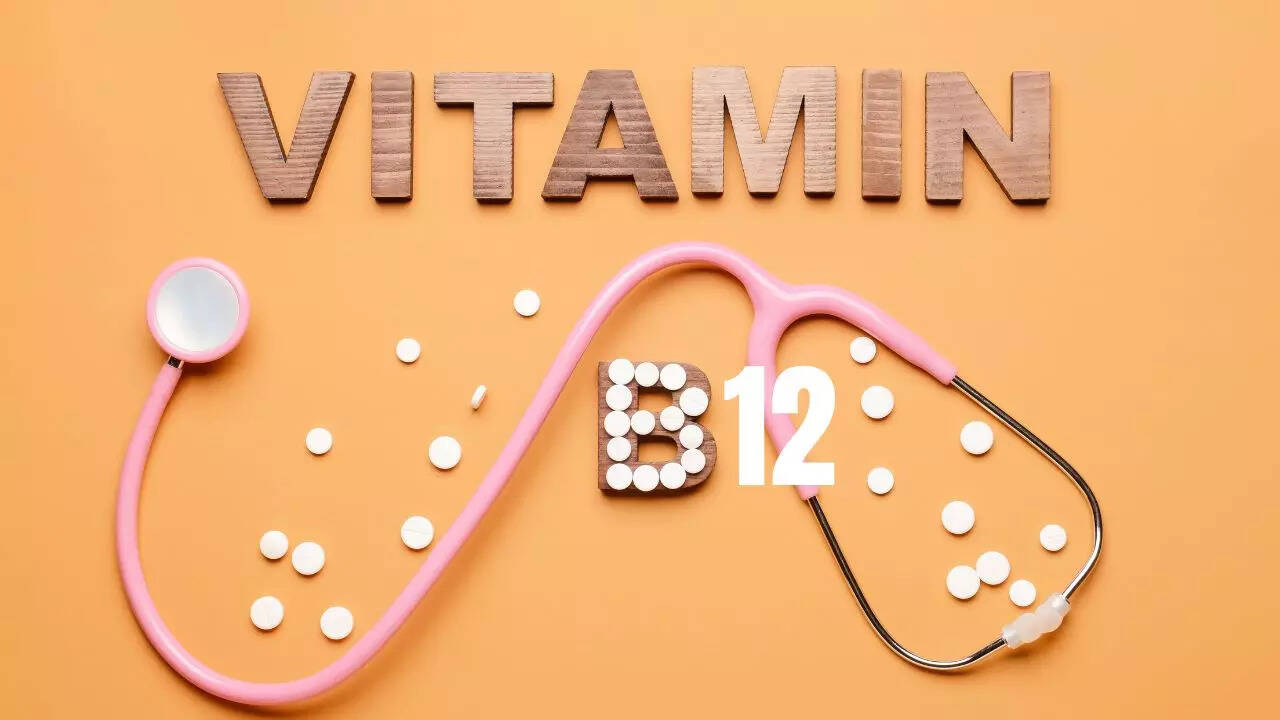Are you impulsive when it comes to making decisions? Or do you say, “Let me sleep on it”? Well, if you belong to the second category, you might be really doing your brain a favour. Sleeping on it gives one the time to dissect the challenge, overcome the mental wall, and make informed decisions. We all know that this process brings mental clarity. But, guess what, it’s doing more than you assumed. Sleeping on it is also improving your learning and memory! Yes, that’s right. A recent study conducted by researchers at Harvard Medical School found that ‘sleeping on it’ can improve your brain’s performance. The findings are published in JNeurosci.Why sleep is crucial

Forget about making big, bold decisions. But have you ever noticed that you perform a task better after a good night’s sleep? Well, there is a reason behind it. Getting good sleep doesn’t just rest your body; it also helps your brain to process and consolidate information. Along with improving heart health, immune function, and hormonal balance, a good night’s sleep is crucial for health. Rhythmic brain activity during sleep transforms task-related information into stronger, longer-term memory. The new study explored where in the brain this rhythmic activity appears to improve motor learning. The study

The study involved 25 participants, who were asked to learn a typing sequence. Their brain activity was recorded during the training session. After training, brain recordings continued as study participants napped. The researchers found that there is an increase in rhythmic brain activity during sleep, in the cortical areas that were active during learning.

(Pic courtesy: iStock)
There was an evident difference in neural patterns before and after the sleep. They found that learning during training was associated with increased brain rhythms in movement execution areas during sleep, while post-nap performance was linked to increased brain rhythms in movement planning areas during sleep. “Brain rhythms occur everywhere in the brain during sleep. But the rhythms in these regions increase after learning, presumably to stabilize and enhance memory,” Dara Manoach, who led the research, said.
The researchers concluded that brain rhythms in motor execution areas may represent the memory of a task, while the rhythms in motor planning areas improve future performance. This study provides more than just a scientific explanation for why a nap can make people feel sharper. Be it learning something new or making a decision, a short nap can help provide better clarity, focus, and performance. So, don’t skimp on sleep. Remember, good quality sleep is non-negotiable.






